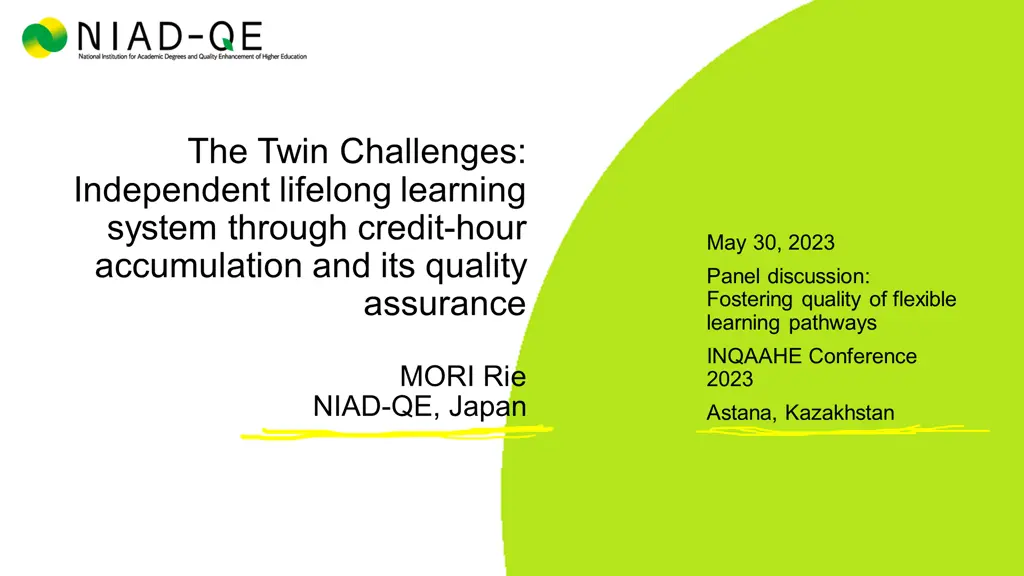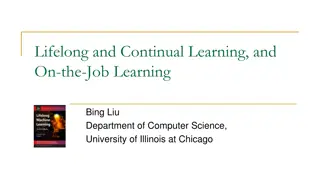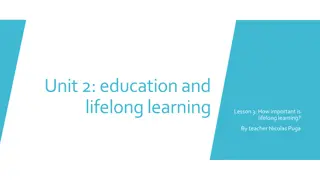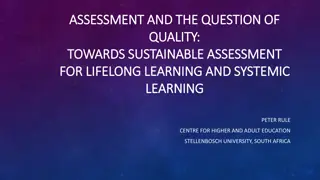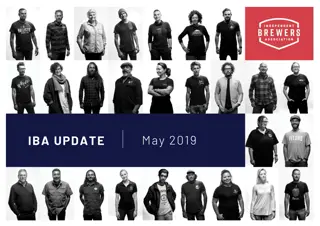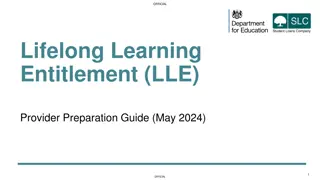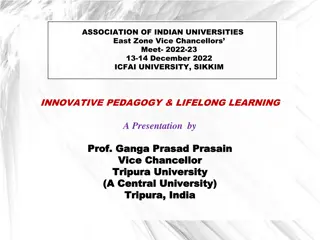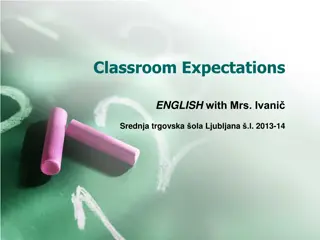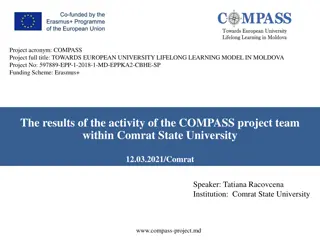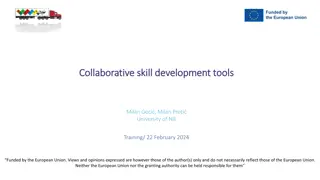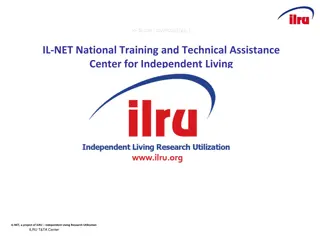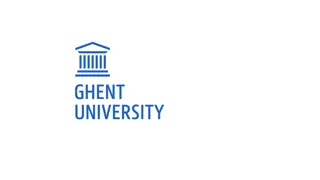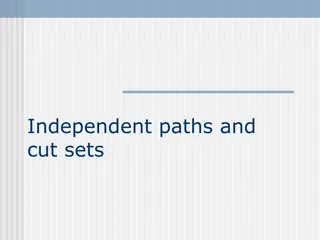Independent Lifelong Learning System
The challenges of independent lifelong learning through credit-hour accumulation and its quality assurance. Join the panel discussion at the INQAAHE Conference 2023 in Astana, Kazakhstan.
Download Presentation

Please find below an Image/Link to download the presentation.
The content on the website is provided AS IS for your information and personal use only. It may not be sold, licensed, or shared on other websites without obtaining consent from the author. Download presentation by click this link. If you encounter any issues during the download, it is possible that the publisher has removed the file from their server.
E N D
Presentation Transcript
The Twin Challenges: Independent lifelong learning system through credit-hour accumulation and its quality May 30, 2023 Panel discussion: Fostering quality of flexible learning pathways INQAAHE Conference 2023 Astana, Kazakhstan assurance MORI Rie NIAD-QE, Japan
Purpose of this presentation 1. Introducing the national system to promote lifelong learning by awarding bachelor s degrees based on credit-hour accumulation. 2. Sharing what happens when a nontraditional degree awarding organization and an accreditation body reside in the same house. 3. Doing a reality check on the quality assurance mode of the nontraditional degree awarding system with the session participants. 2
Degree awarding to independent learners In 1991, NIAD-QE was established as NIAD (National Institution for Academic Degrees) to enable learners who are not college students to accumulate credit hours to get bachelor s degrees. It has been discussed since the 1970s to calm overheated college entrance exams and motivate lifelong learning through credit hour accumulation. Now, in Japan, colleges/universities and NIAD-QE can confer degrees under the School Education Law. Degrees are awarded under the name of the president of NIAD-QE. 3
Who applies, who assesses People who at least completed a short-cycle HE (e.g., junior college) in Japanese and any other HE system and earned additional credit hours in the Japanese HE system to satisfy the requirements set by NIAD-QE can apply. Assessments are done based on the evaluation of learning outcomes: credit hours, thesis, and individual examination. Some 350 university professors throughout the state have been appointed to serve as committee/subcommittee members who assess applicants learning outcomes. It provides a large virtual university system. 4
Prerequisite and credit-hour accumulation additional credit-hour accumulation line of prerequisite University Junior college/ Special training school College of technology Additional credit hours can be earned through the credited auditor system at universities, which allows learners to take individual courses to earn credit hours. High school (Kosen) 5
Major fields and annual recipients 3,000 2,503 2,500 2,000 1,500 1,000 500 3 0 92 94 96 98 00 02 04 06 08 10 12 14 16 18 20 27 major fields/60 concentrations. 3 recipients in 1992 2,503 recipients in 2021 6
Late-coming twin: evaluation of HEIs In 2004, it became mandatory for all universities to undergo cyclic evaluation by an evaluator certified by MEXT (the Ministry of Education). It was tough to establish a new governmental organization in a time of fiscal austerity. Before that, NIAD was reorganized to NIAD-UE to be appointed as a certified evaluator of HEIs. 7
Certified Evaluators Institutional Accreditors of 4-year institutions JUAA: Japan University Accreditation Association NIAD-QE: National Institution for Academic Degrees and Quality Enhancement of Higher Education JIHEE: Japan Institute for Higher Education Evaluation JACA: Japan Association for College Accreditation JAQUE: Japan Association for Quality of University Evaluation 9 other accreditors solely for program accreditation 8
Adverse functions in a crowded household Degree awarding: HEI accreditation: Trusting credit hours from universities. Asking about the quality of credit hours and academic staff s activities. Relying on professors from universities. Financing NIC 9
Challenge #1: rationalization of QA In 2004, it became mandatory for all universities to undergo cyclic evaluation. As an evaluator, NIAD-QE evaluates HEIs. As a degree-granting institution, NIAD-QE hasn t been evaluated in this scheme. Source of credit hours are accredited. Assessors are professors from accredited HEIs. So, NIAD-QE has been technically accredited. Is this three- stage argument valid? Otherwise, who should we go to for QA? 10
Challenge #2: publicity activities When a degree recipient tried to apply for a graduate school usually, accreditation bodies do not confer degrees. An admission officer at a prestigious US university An authentic but unusual system should promote its publicity. 11
For further promotion of lifelong learning additional credit-hour accumulation line of prerequisite University Junior college/ Special training school College of technology Lowering the line of prerequisites to a high school diploma is a long- time unsolved question. High school (Kosen) 12
Your inputs are most welcome! rmori@niad.ac.jp 13
